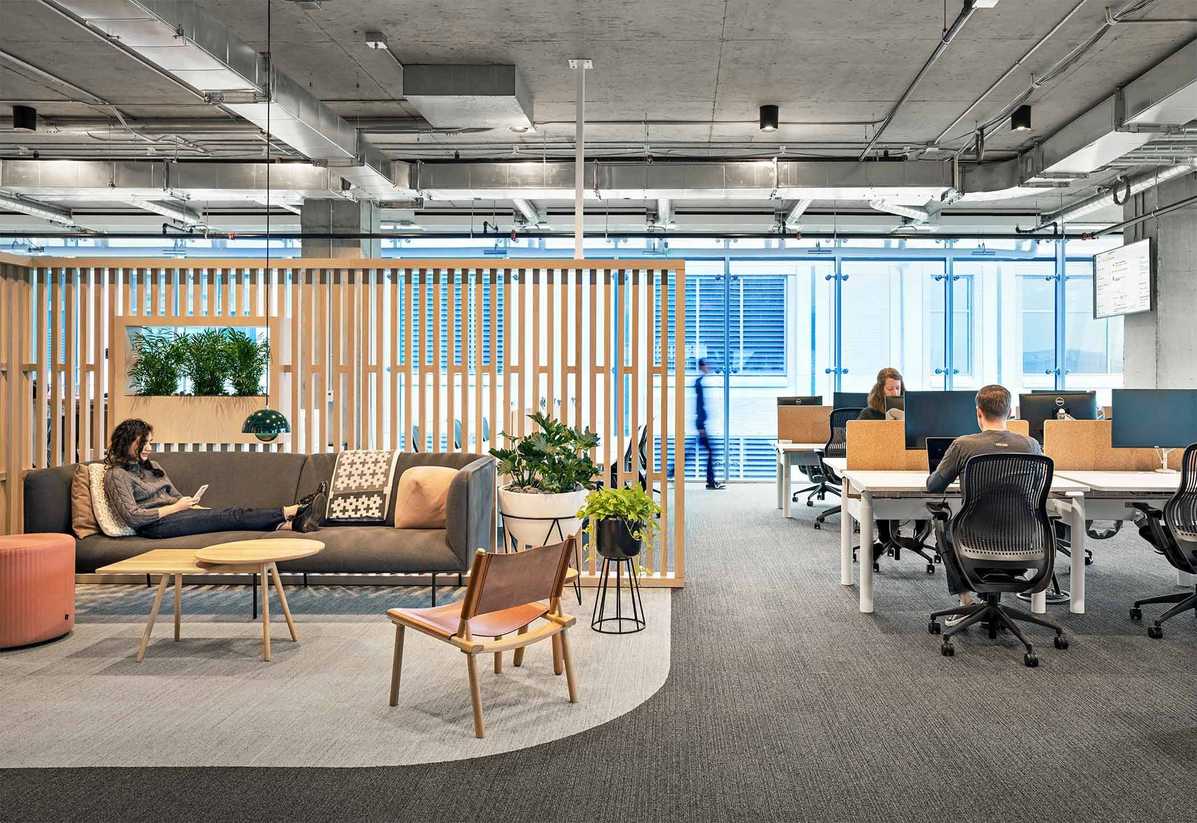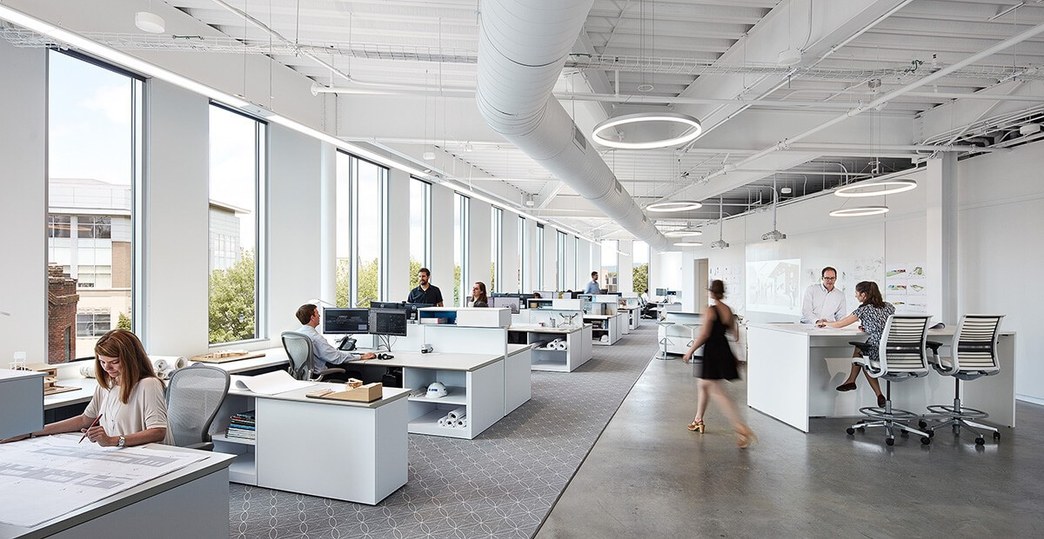In many organizations, the role of the Facility Manager is still underestimated. And yet, their contribution to a well-functioning work environment is essential. They manage infrastructure, employee services, and compliance with technical and legal standards.
Today, as companies put more focus on employee well-being, sustainability, safety, and overall performance, the Facility Manager’s role is evolving. They are becoming strategic partners in transforming offices into more efficient, comfortable, and people-focused workspaces.
This article offers a clear overview of the role: their daily responsibilities, their impact on the workplace, and the key challenges they face.
1. A central role in the company’s daily operations
Facility Managers oversee everything related to the smooth operation of the workplace. Their scope is broad and includes:
– Technical oversight: building maintenance, preventive and corrective interventions, managing HVAC and technical systems
– Vendor management: selecting and coordinating service providers (cleaning, security, catering, reception)
– Space planning: overseeing office moves, renovations, and adjustments for flexible work models (hot desking, coworking)
– Regulatory compliance and safety: fire safety, health standards, accessibility, risk management
– Budget optimization: managing operational costs, maintenance contracts, and energy consumption
They work cross-functionally with HR, IT, general management, and health and safety teams. This role requires both technical expertise and strong interpersonal skills.
2. A role evolving with changing expectations
Workplace experience and employee wellbeing
With the rise of hybrid work models and growing attention to well-being at work, Facility Managers must adapt office spaces to new needs: quiet zones, collaborative spaces, hybrid meeting rooms.
They also help shape environments that support mental health, reduce stress, and improve comfort – through elements like natural light, acoustic control, or ergonomic furniture.
In some cases, thoughtful additions such as shared relaxation areas or access to healthy snacks and beverages contribute to a more positive and balanced work experience.
Sustainability and eco-responsibility
Environmental goals now influence day-to-day facility operations. Facility Managers integrate sustainable practices such as:
– Reducing energy use with smart lighting and heating systems.
– Waste sorting, composting, and reducing single-use plastic.
– Prioritizing local and eco-certified suppliers.
– Supporting zero-waste or reusable packaging policies.
They are directly involved in the company’s broader CSR strategy and play a key role in making sustainability a reality.
3. A strategic link in the organization
Connecting departments and teams
Facility Managers interact with nearly every department: HR, IT, operations, communications. They gather needs, solve everyday issues, and ensure a seamless employee experience.
Often, they’re the go-to person for anything related to office logistics or comfort, from fixing air conditioning to reorganizing shared spaces.
Data-driven decisions
Digital tools are becoming key to the job. Facility Managers rely on dashboards, occupancy data, or energy usage reports to guide decisions.
In this context, topics like furniture or food services are no longer managed in isolation but considered for their overall impact on well-being, productivity, and environmental footprint.
4. Emerging trends shaping the profession
Flexible and hybrid office design
Facility Managers are leading the shift toward more agile workspaces: non-assigned seating, collaboration zones, quiet rooms. This requires smart planning, taking into account comfort, air quality, noise levels, and lighting.
Services that boost employee engagement
Modern workplaces are expected to offer more than desks. Services like fitness areas, quiet lounges, or eco-conscious snack options are seen as part of a holistic employee experience.
Choosing food options that are organic and low waste support sustainability and are often more cost-effective.
Greater professionalization
Facility management is becoming more specialized. Professionals now seek certifications and training in areas like energy management, ergonomics, or workplace well-being. Hybrid profiles combining technical skills with strategic thinking are in high demand.
Conclusion: a vital role for the workplaces of tomorrow
The Facility Manager is no longer just a logistics coordinator. They’ve become a key player in how companies adapt to new work styles. They ensure safety, comfort, efficiency, and employee well-being.
In organizations spread across different sites, their role creates consistency and improves operational coherence.
Involving your Facility Manager in change management, sustainability initiatives, or workplace strategy leads to more engaged teams and better use of space.
We can learn a lot from their holistic view, user-focused mindset, and practical approach to complex challenges.
Published on 13/10/2025












